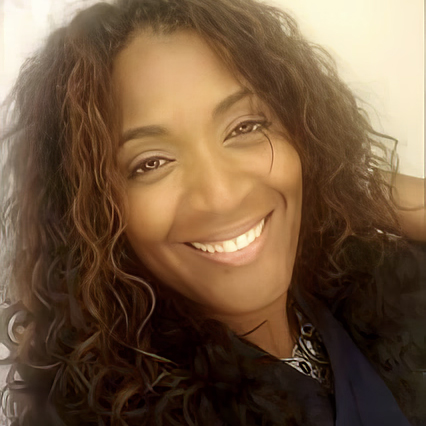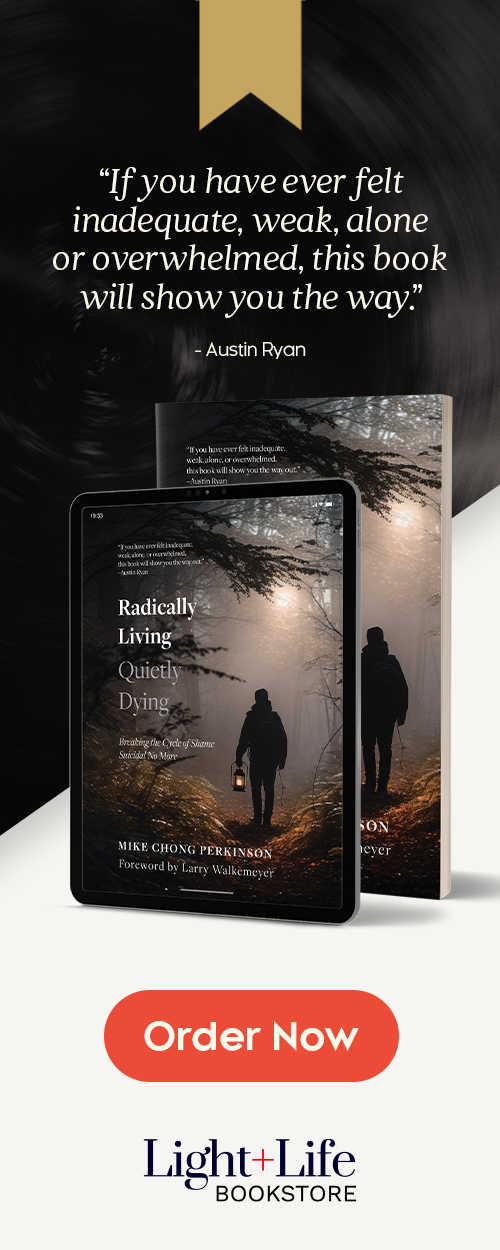By Tamekia Nash-Walls
My introduction to the Free Methodist Church USA began in 2002. My husband was requested to assist as a musician for the African Heritage Network because he was the minister of music for New Beginnings Community Church — a Free Methodist congregation in Ann Arbor, Michigan.
Not knowing anything about the denomination, I went along just to accompany him. I don’t think I attended any of the meetings until the last day when I was asked to sing a benediction song. I got to meet some of the members, and I was impressed by their kindness and how accepting they were to my husband and me.
_
“I began to consider membership in the FMCUSA because the people from the network were amazing examples of Christ.“
_
Fast-forward six years later, my second introduction to the Free Methodist Church USA (FMCUSA) came when I was invited again to the African Heritage Network (AHN) to minister as worship leader. After that meeting, I began to consider membership in the FMCUSA because the people from the network were amazing examples of Christ. They almost seemed too good to be true.
I was already in relationship with Jesus, I knew the Bible, and I was familiar with organized religion because I came from the Church of God in Christ denomination. However, I still felt I needed something more in my religion.
As I moved into my 30s and transitioned in life, I asked God for not only direction but for a safe journey to wherever He would lead me. I prayed that it would be an accepting, caring place to continue to grow, and I promised to trust Him no matter what.
Along my journey, I learned more about the church in Ann Arbor — New Beginnings and the leaders Jeff and Monica Harrold. Everything about the church again seemed too good to be true. From the genuine interest in my family to the kindness and concern shown to me individually, I could not help but fall in love with them. It was scary because I had not had anyone parental in my life for more than eight years, but it was also my secret prayer.
I continued to trust God. He knew what I needed, and He joined our hearts in a way that resulted with double-sided adoption of them to me and me to them. I enjoyed fellowshipping with New Beginnings members although I had not considered the whole organization, the FMCUSA.
I loved the local church and the AHN. I learned a lot at the AHN conferences and missed the members when we were apart. It was there that I met Bishop Matt Thomas and Marlene, his lovely wife. There it was again — that “too good to be true” feeling of acceptance and kindness.
During one of the AHN conferences, I was invited to minister at General Conference 2015 with the worship team. I knew that I would meet FMCUSA membership there, and I knew that it was a predominately White denomination. I felt a little uneasy at the thought of meeting a lot of people for the first time and leading them in worship. Although I was nervous, I’d promised God that I would trust Him, so I accepted.
I flew to Orlando with my 7-year-old son, DJ, and my 15-year-old daughter, Lauryn. When we met for the rehearsals, I was still nervous. The night before the first service, I prayed that the worship would be anointed, and that I would be a good fit for the team. I got up the next morning, went down to the convention center for a sound check, and guess what? I received the same warmth and acceptance I had received at the AHN conferences. That “too good to be true” love met me at General Conference.
_
“It made the biggest difference in my religious experience, knowing that I was accepted.“
_
Cultural Competence
I realized it wasn’t too good to be true. It was the God culture of the church that I had been experiencing over the years. It made the biggest difference in my religious experience, knowing that I was accepted. God’s culture is competent for every person, every nationality, and every ethnicity. This is especially important considering the need to be culturally competent in every organization whether health care, education, or even the church.
The church was accepting of me and my culture. Cultural sensitivity and competence are necessary tools in ministry. In fact, they are part of our behavior as followers of Christ. When we fully embody our culture and traditions, only then can we appreciate and affirm the culture of others and then learn from one another.
_
“We cannot compel people to come and then not be accepting of who they are, what’s important to them, and how God is connected to all of it.“
_
The AHN’s existence was my introduction to the Free Methodist Church USA as I was comfortable with the culture therein and was accepted. It also provided me the opportunity to learn more about and eventually join the FMCUSA.
We cannot compel people to come and then not be accepting of who they are, what’s important to them, and how God is connected to all of it. It is perfectly fine to be culturally different as we all assimilate to the culture of God.
I found in the FMCUSA that God culture I mentioned earlier. I am grateful for the AHN, Conexion Latina, Justice Network, and Advocates for Women in Leadership. These groups represent cultures from which we can learn.
Accepting a different culture isn’t difficult. It’s as easy as doing unto others (Luke 6:31).
Prayer
Father, help me to love and embody my culture, so that I am able to affirm and respect the cultures of others in the same accepting way you allowed me to experience acceptance. In Jesus’ name, amen.
+

Tamekia Nash-Walls, D.N.P., is a psychiatric mental health nurse practitioner, a nurse manager, a part-time lecturer at Eastern Michigan University, the worship leader of New Beginnings Community Church, and an Executive Board member of the African Heritage Network. She earned her bachelor’s degree from Eastern Michigan University and her doctorate from the University of Michigan-Flint.











